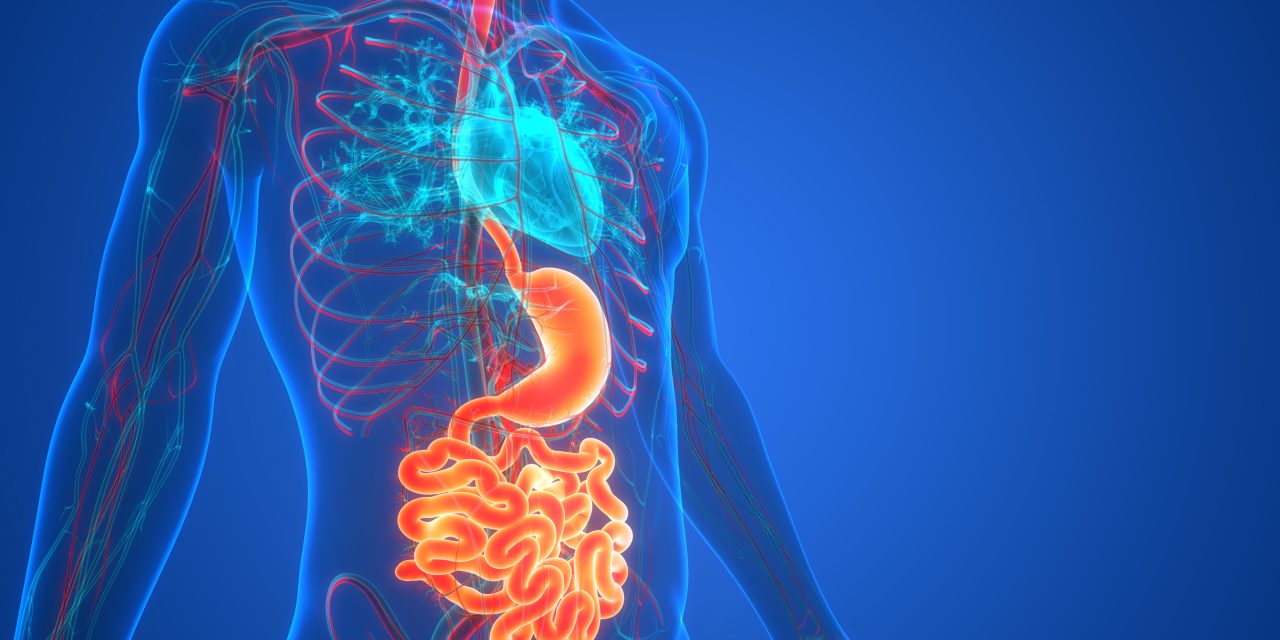Accumulating evidence suggests that the inflammatory tumor microenvironment can potentiate tumor progression and metastasis. The C-reactive protein-to-albumin ratio (CAR) is a novel inflammation-based prognostic score. This study was performed to examine the associations of the preoperative CAR with clinical outcomes in patients with colorectal liver metastases (CRLM) after curative resection.
We retrospectively assessed the preoperative CAR in 184 patients who underwent curative resection for CRLM from November 2001 to January 2018 at Kumamoto University (Kumamoto, Japan). The optimal cutoff level of the preoperative CAR was determined by survival classification and regression tree (CART) analysis. We compared clinicopathological factors and prognoses between the high-CAR and low-CAR groups. A Cox proportional hazards model was used to calculate hazard ratios (HRs), controlling for potential confounders.
A higher preoperative CAR was associated with worse overall survival (OS) (p < 0.0001) and recurrence-free survival (RFS) (p = 0.003). Applying survival CART analysis, the high-CAR group comprised 33 patients (17.9%). In the multivariate analyses, a high CAR was independently associated with shorter OS (HR, 2.82; 95% confidence interval, 1.63-4.72; p = 0.0004) and RFS (HR, 1.62; 95% confidence interval, 1.02-2.49; p = 0.040). A high CAR was associated with a large tumor size, high serum carcinoembryonic antigen and carbohydrate antigen 19-9 levels, high intraoperative blood loss, and more postoperative complications.
A high preoperative CAR is associated with shorter OS and RFS and might serve as a prognostic marker for patients with CRLM after curative resection.
Copyright © 2020. Published by Elsevier Ltd.
Preoperative C-reactive protein-to-albumin ratio and clinical outcomes after resection of colorectal liver metastases.


